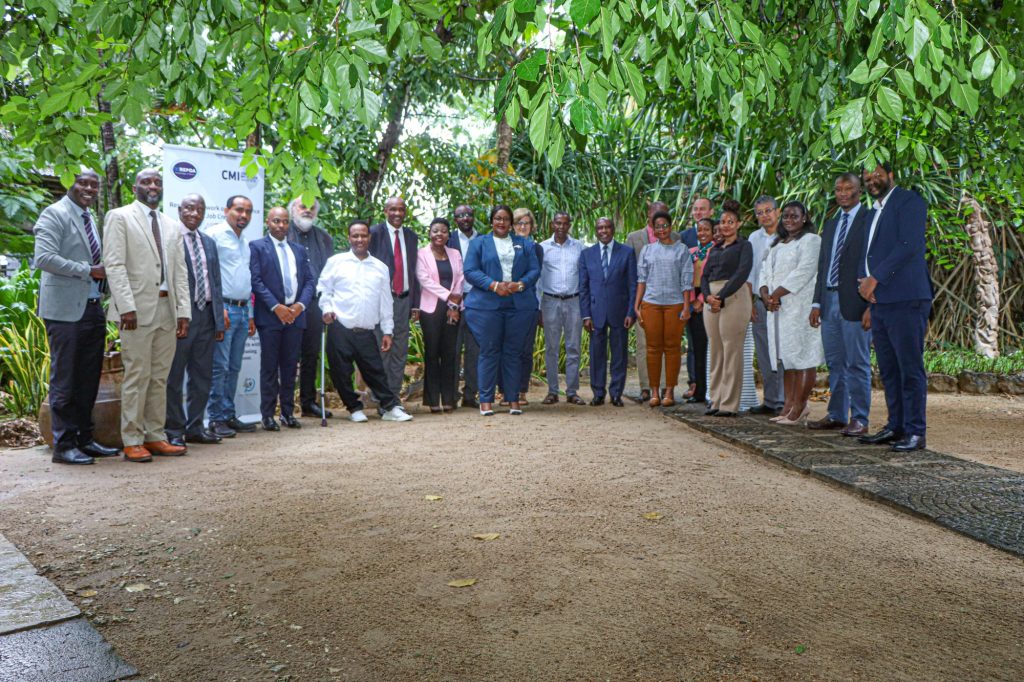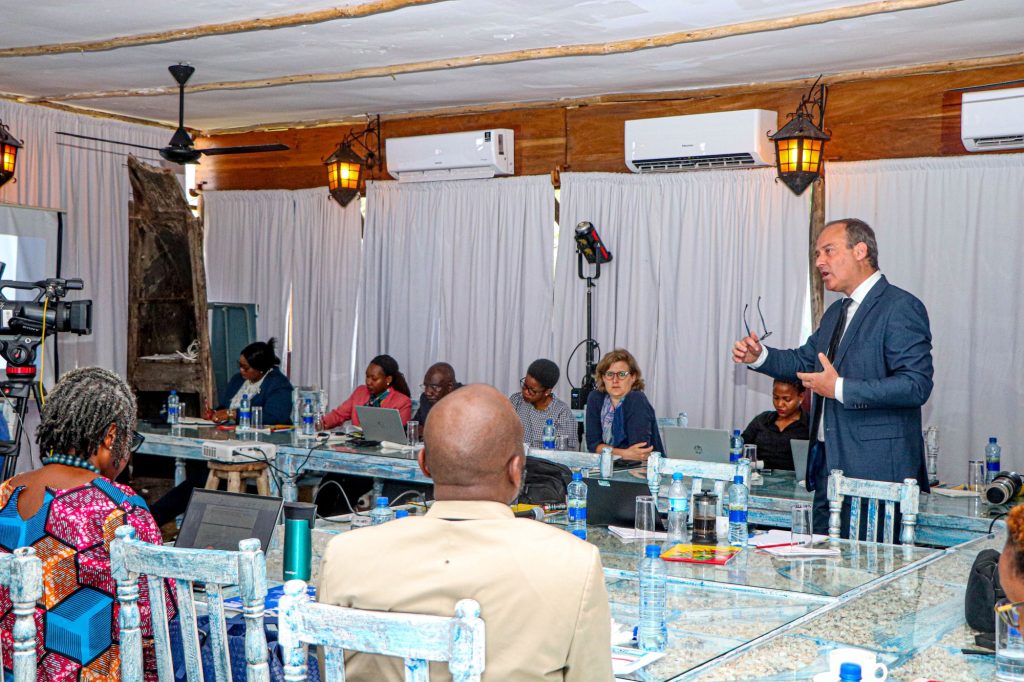Think tanks attending the International Policy Research Workshop on Competence and Jobs Creation co-hosted by REPOA from 22-23 May 2024 have called on policy makers to embark on sector specific reforms for enhanced jobs creation.

Co-hosting the International Policy Research Workshop in Dar es Salaam, Tanzania along with the Chr. Michelsen Institute (CMI), the Policy Studies of Ethiopia, and the Social Science Baha of Nepal – REPOA and the partnering think tanks sought to contribute to increased knowledge as research-based evidence for policy formulation towards inclusive growth, with competence building and increasing incomes for the unskilled poor.
As this jobs network of policy researchers convened, it also sought to help contribute to a more rapid transition towards inclusive growth.
During the workshop, the Director at CMI, Prof. Espen Villanger said, “To create jobs – in a short run, country needs to embark on sector specific reforms for labor intensive sectors i.e., agriculture and construction, etc. In a long run, focus on marginal labor productivity through improvement of rural roads,” adding that at times changes in the policies might take generations for the actual changes in the economy to happen.

For his part REPOA’s Executive Director, Dr. Donald Mmari said previous studies for Tanzania have identified “skills gap” as one of the key challenges facing the labour force in the country (aside from the heralded business environment huddles) – stating that REPOA welcomes policy makers to continue working with the think tanks to address the same.
On her keynote address, Commissioner of Labour from Tanzania’s Prime Minister’s Office (Labour, Youth, Employment and Persons with Disabilities), Ms. Suzan Mkangwa said the Government has continued to take various measures to create jobs, including creating an enabling environment for the attraction of investments.
“President Samia Suluhu Hassan has herself been at the forefront of bringing investors to the country who have created many jobs for Tanzanians. However, we still have a long-standing problem of young people who graduate from colleges/ universities being unemployed, but most of them insist on staying in the cities while job opportunities can also be in farms and factories elsewhere,” she added.